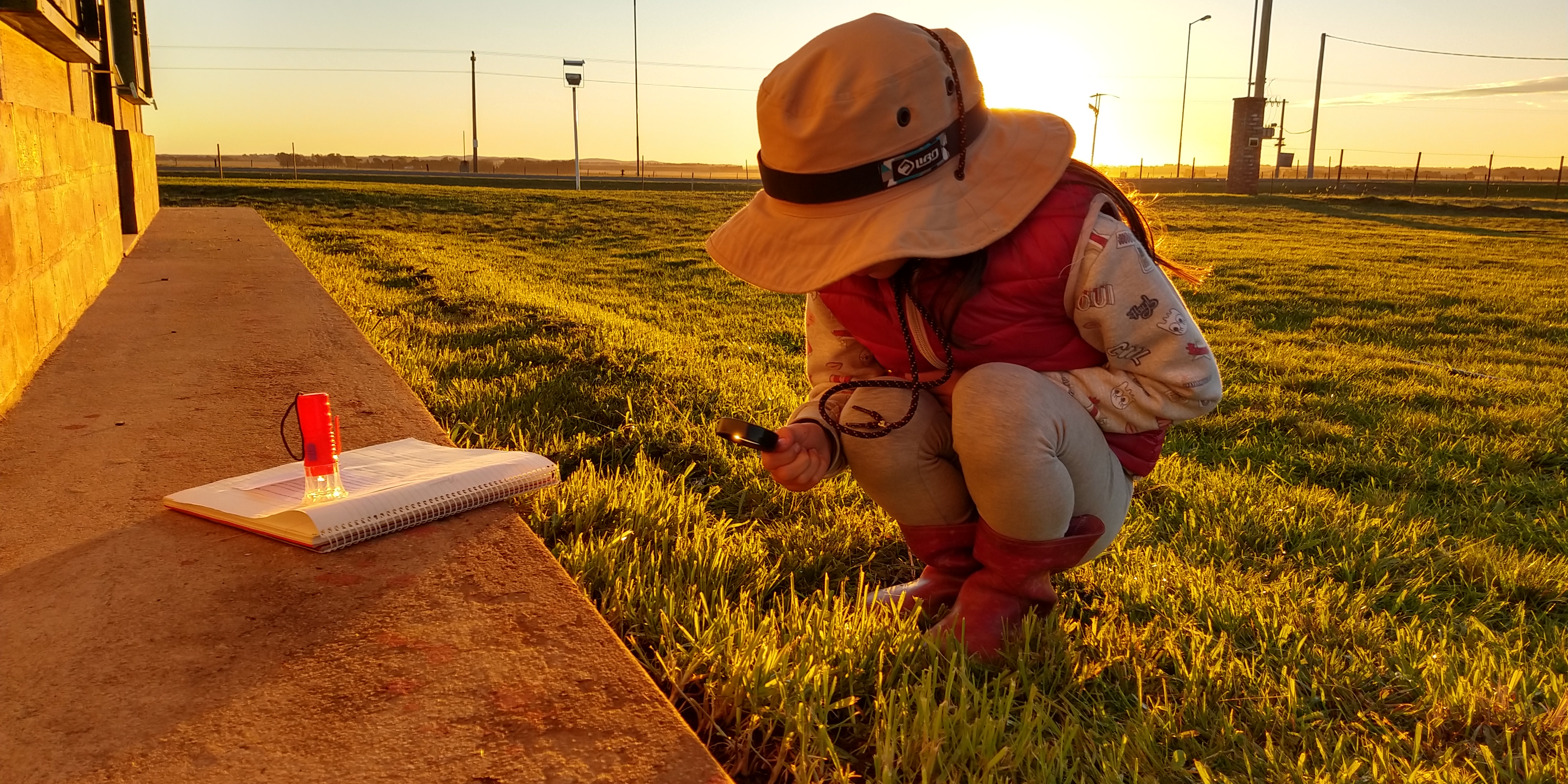O impacto da Educação de Infância no desenvolvimento e aprendizagem das crianças: revisão da literatura
Main Article Content
Abstract
The literature refers the benefits of early childhood education on educational success and in the children’s life. This study analyzes longitudinal studies about different programs focusing on children’s cognitive, emotional, interactive, social and moral development. The studies identify positive impacts on the academic level, the quality of employment, the economic performance, crime prevention, family relationships, and health and cost-benefits for the State. We follow a qualitative research methodology analyzing the content of the monographs held about longitudinal studies, conducted in different countries. The analysis shows two key categories: effects of early childhood education in the short and the long term; the influence of early childhood education in curricular development and learning (emotional, language and communication literacy, reasoning and mathematical knowledge. The programs highlight benefits in the short and long term, revealing significant improvements in children’s cognitive, emotional, social and moral skills, as well as the construction of attitudes towards health and safety. In addition, the perception of the families about the importance of school for building safe and warm environments is also improved, contributing to increase the success.
Keywords:
Article Details
Most read articles by the same author(s)
- Cristina Mesquita, Recensión , RELAdEI. Revista Latinoamericana de Educación Infantil: Vol 10 No 1 (2021): Music in Early Childhood Education



